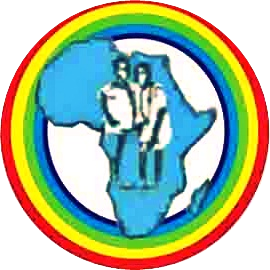The impact of violence ranges from immediate to long term physical, sexual and mental health consequences for women and girls, including death. It negatively affects women’s general well-being and prevents women from fully participating in society. Violence not only has long lasting consequences for women but also their families, the community and the country at large. It also has tremendous costs, from greater health care and legal expenses to productivity losses, impacting national budgets and overall development.
An unprecedented number of countries have laws and policies against various forms of violence. Challenges remain however in implementing these measures. Many women still lack access to free or affordable essential services in sectors such as health, police, justice and social support to ensure their safety, protection and recovery. Not enough is done to prevent violence, which is the most challenging but also effective way to eliminate violence in a sustainable way
Violence against women and girls is a global pandemic and the most pervasive and widespread human rights violation. More than 1 in 3 women (36.6%) in Africa report having experienced physical, and/or sexual partner violence or sexual violence by a non-partner1. Across Africa, 125 million girls and women alive today were married before their 18th birthday.
One in three women worldwide experience physical or sexual violence, mostly by an intimate partner. Violence against women and girls is a human rights violation, and the immediate and long-term physical, sexual, and mental consequences for women and girls can be devastating, including death. Violence negatively affects women’s general well-being and prevents women from fully participating in society. It impacts their families, their community, and the country at large. It has tremendous costs, from greater strains on health care to legal expenses and losses in productivity
Overall, over one in three young women in Africa were married at childhood, and one in ten before their 15 birthdays. It is particularly severe in West Africa especially in Ghana and Central Africa which is home to 6 of the 10 countries with the highest child marriage prevalence levels in the world, all of which have prevalence over 50%. Niger has the highest prevalence of child marriage in the world at 76%. Central African Republic (CAR) has a prevalence of 68% with Chad at 67%. The prevalence of child marriage below the age of 15 years is also very high at 14% for the region, with Chad, CAR and Niger all having prevalence rates over 25%.
An estimated 200 million girls and women alive today are believed to have been subjected to female genital mutilation (FGM). The current humanitarian crisis threatens to derail the future of an entire generation. Due to the COVID-19 pandemic, meeting the Sustainable Development Goals (SDGs), including the elimination of female genital mutilation by 2030, will be disrupted, and an estimated two million additional cases of female genital mutilation will need to be averted. (UNFPA, April 2020)
.
